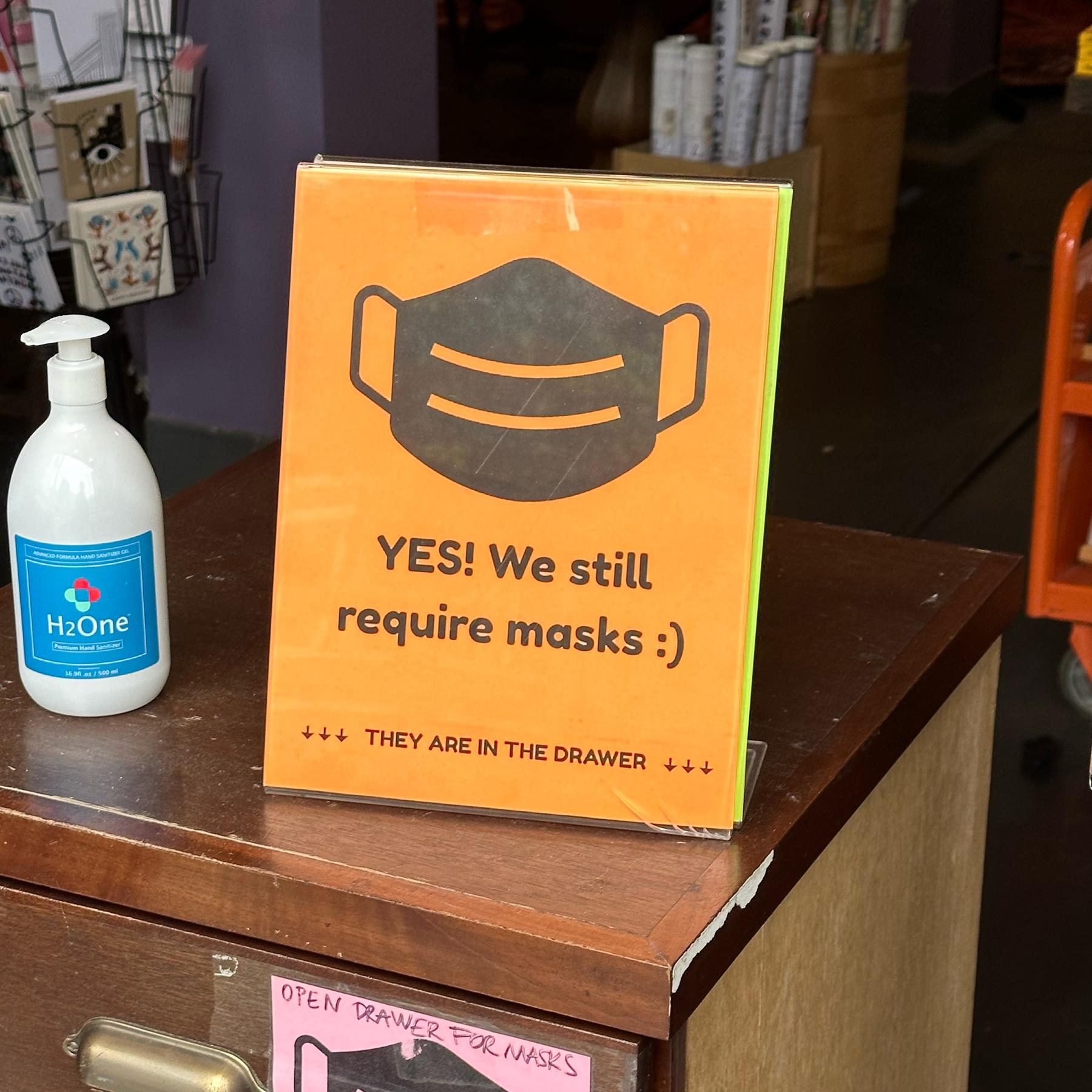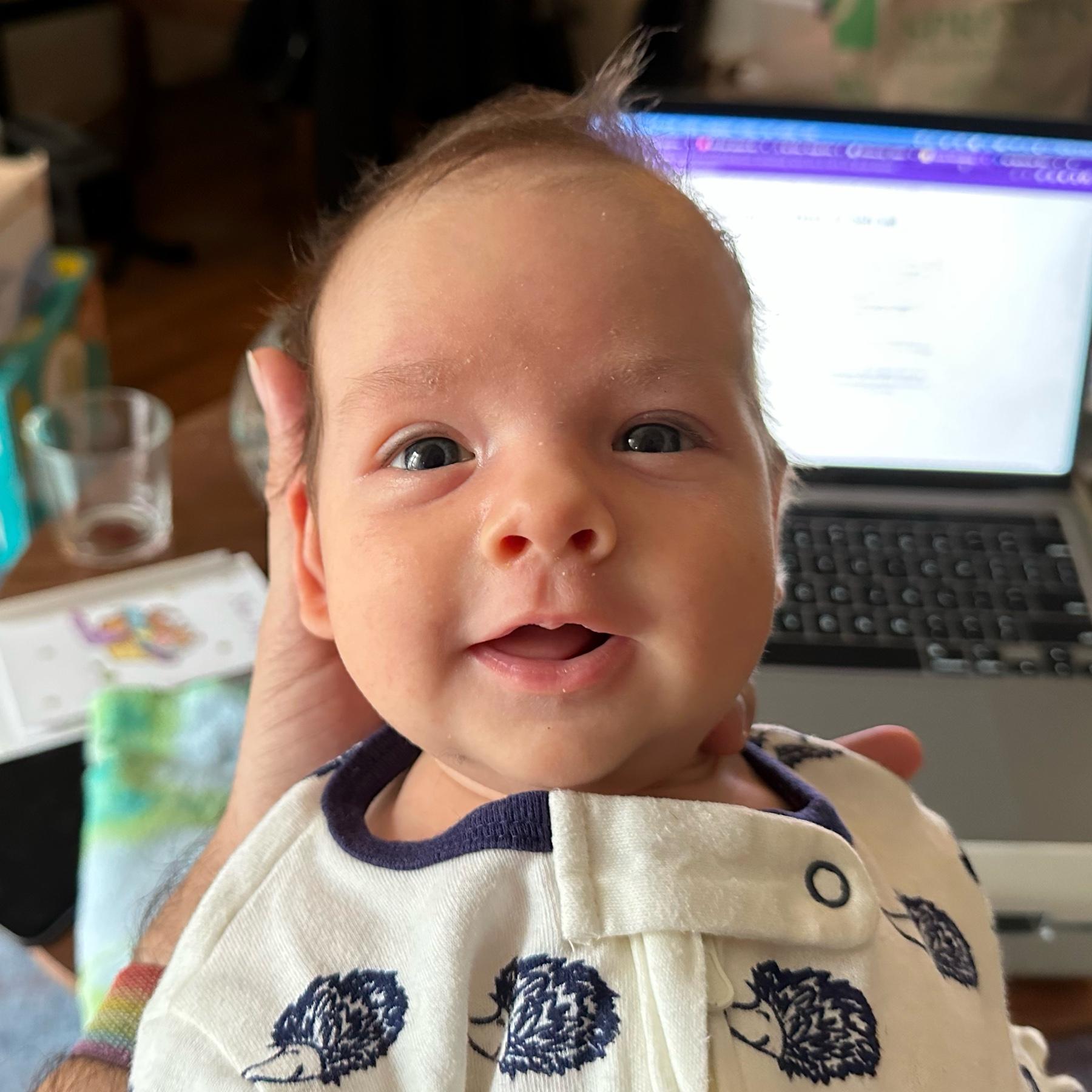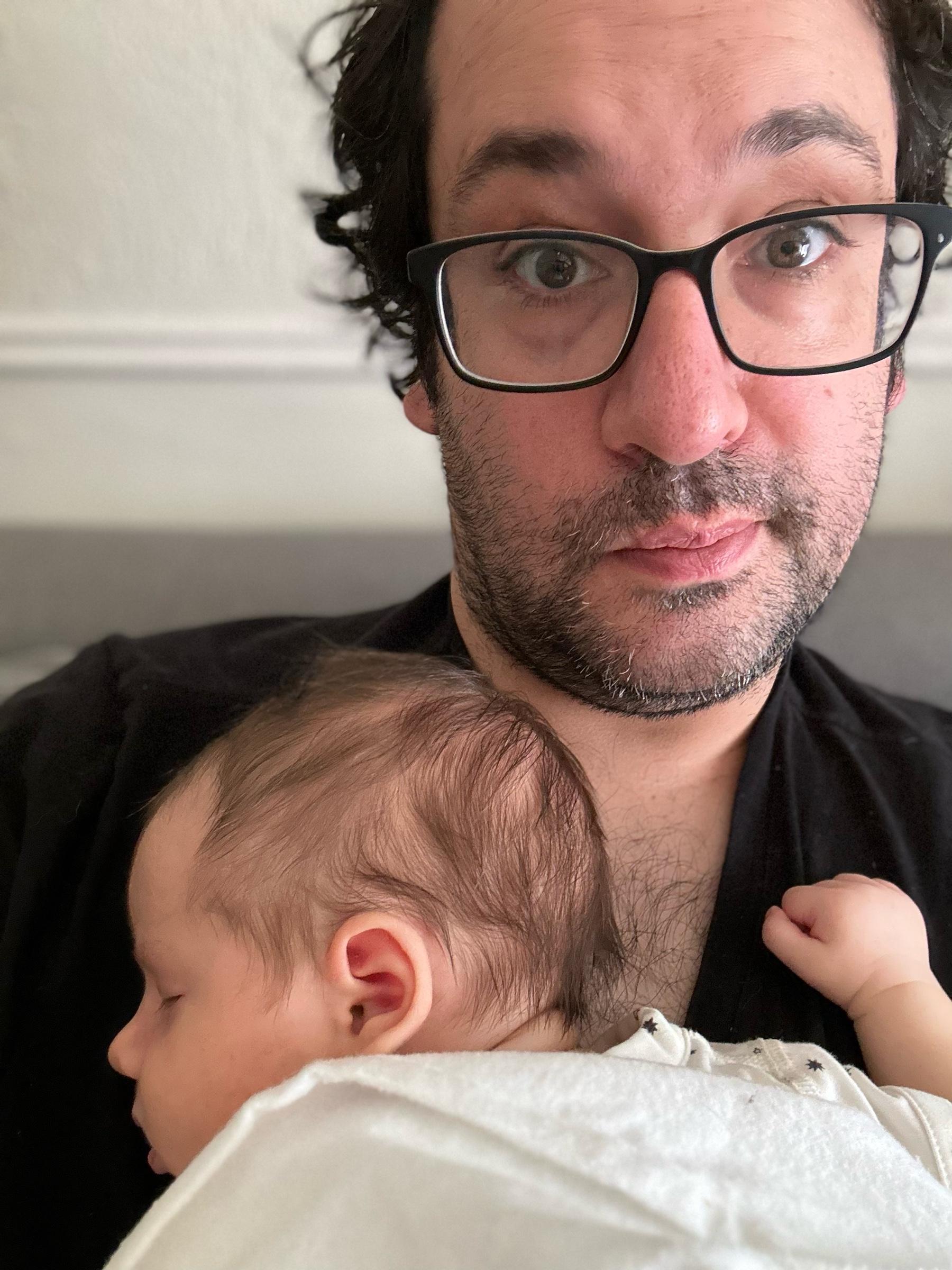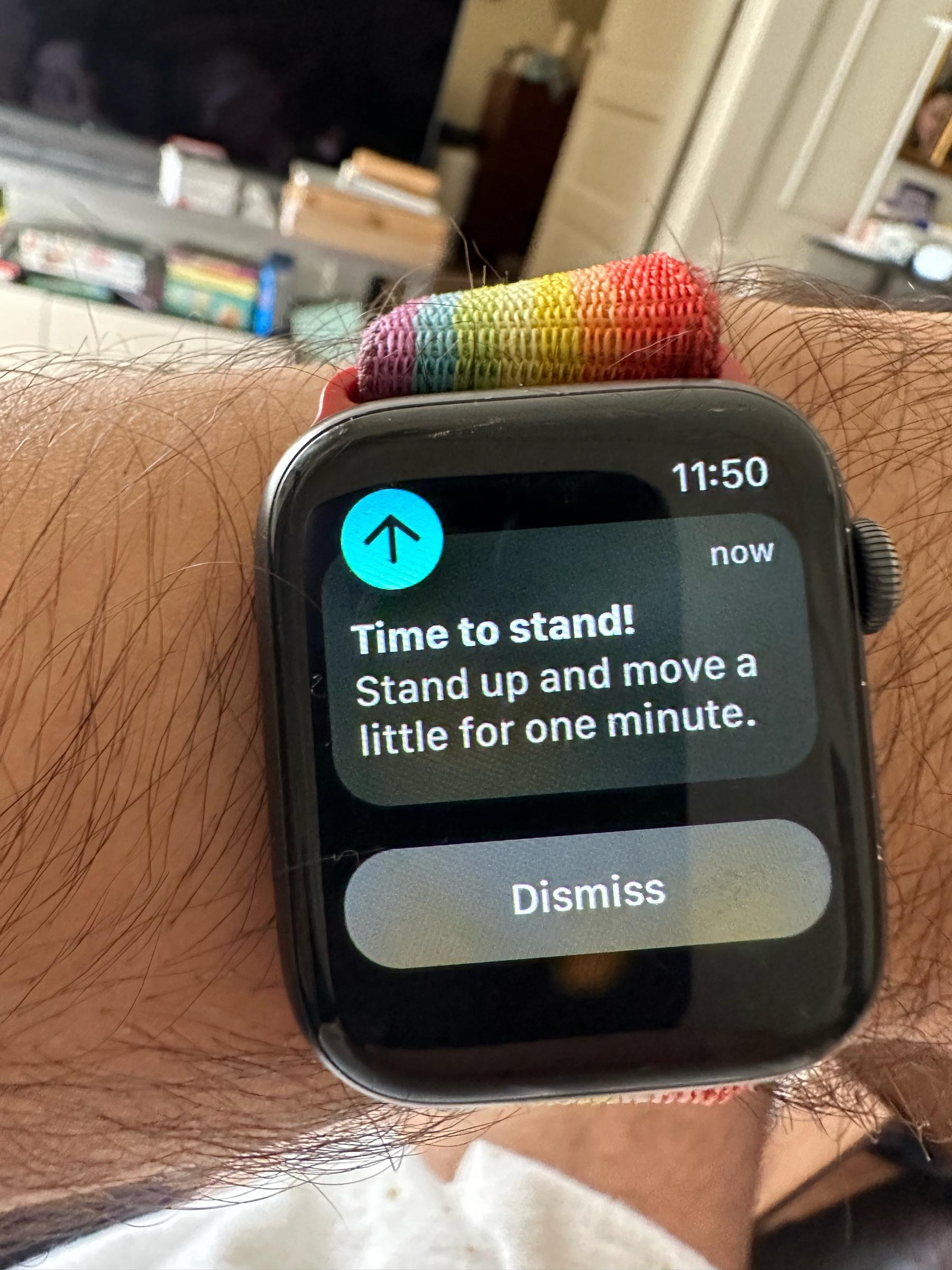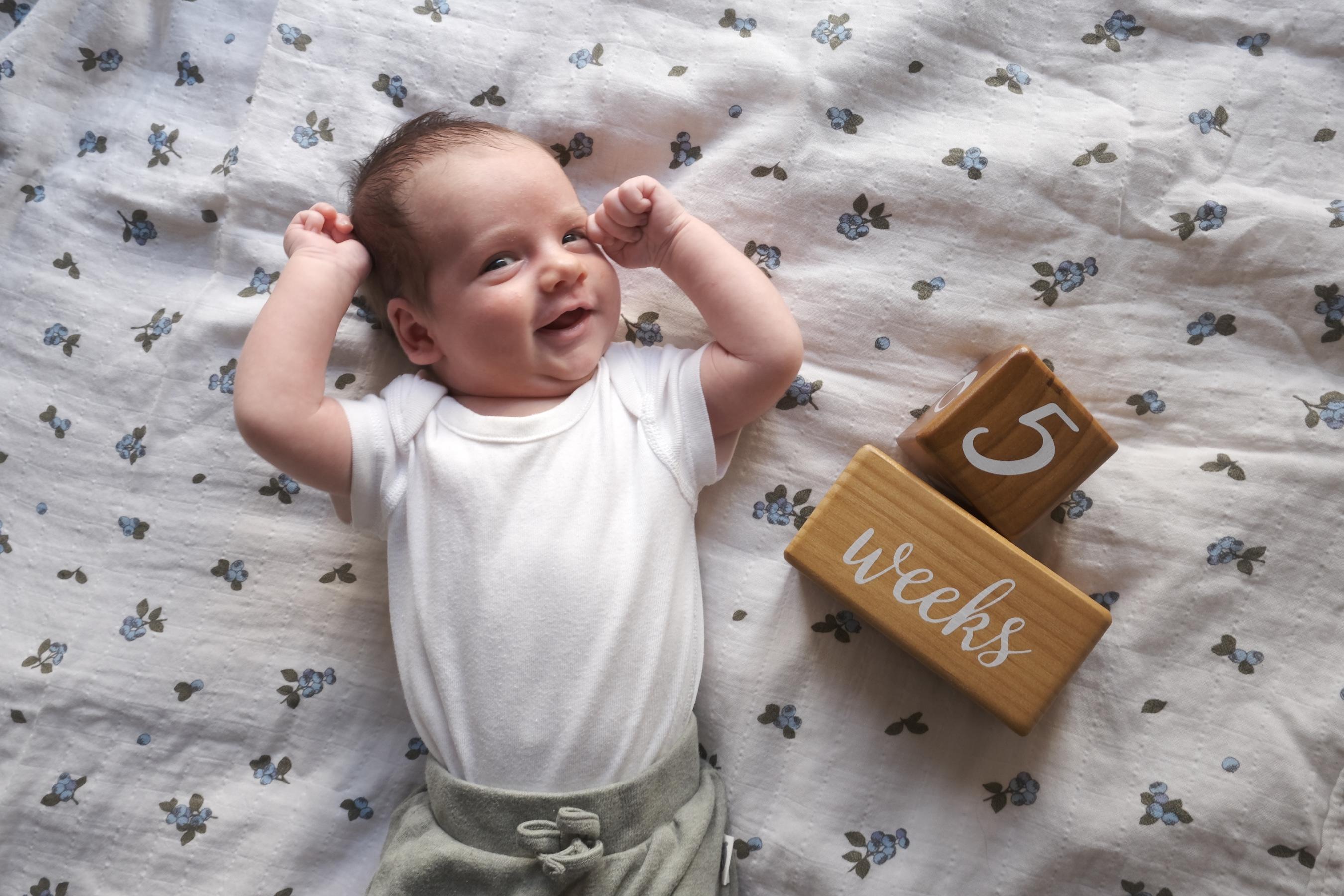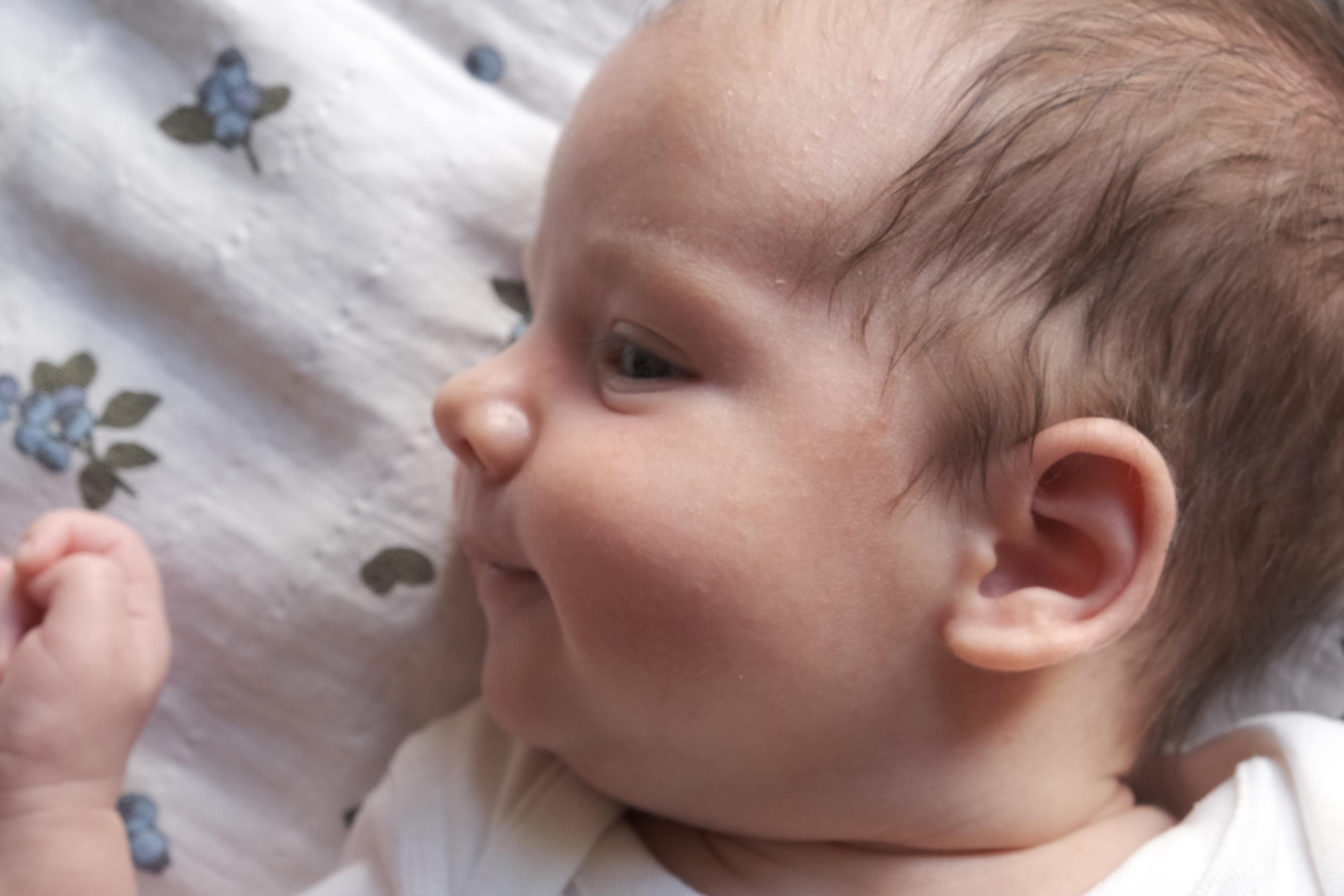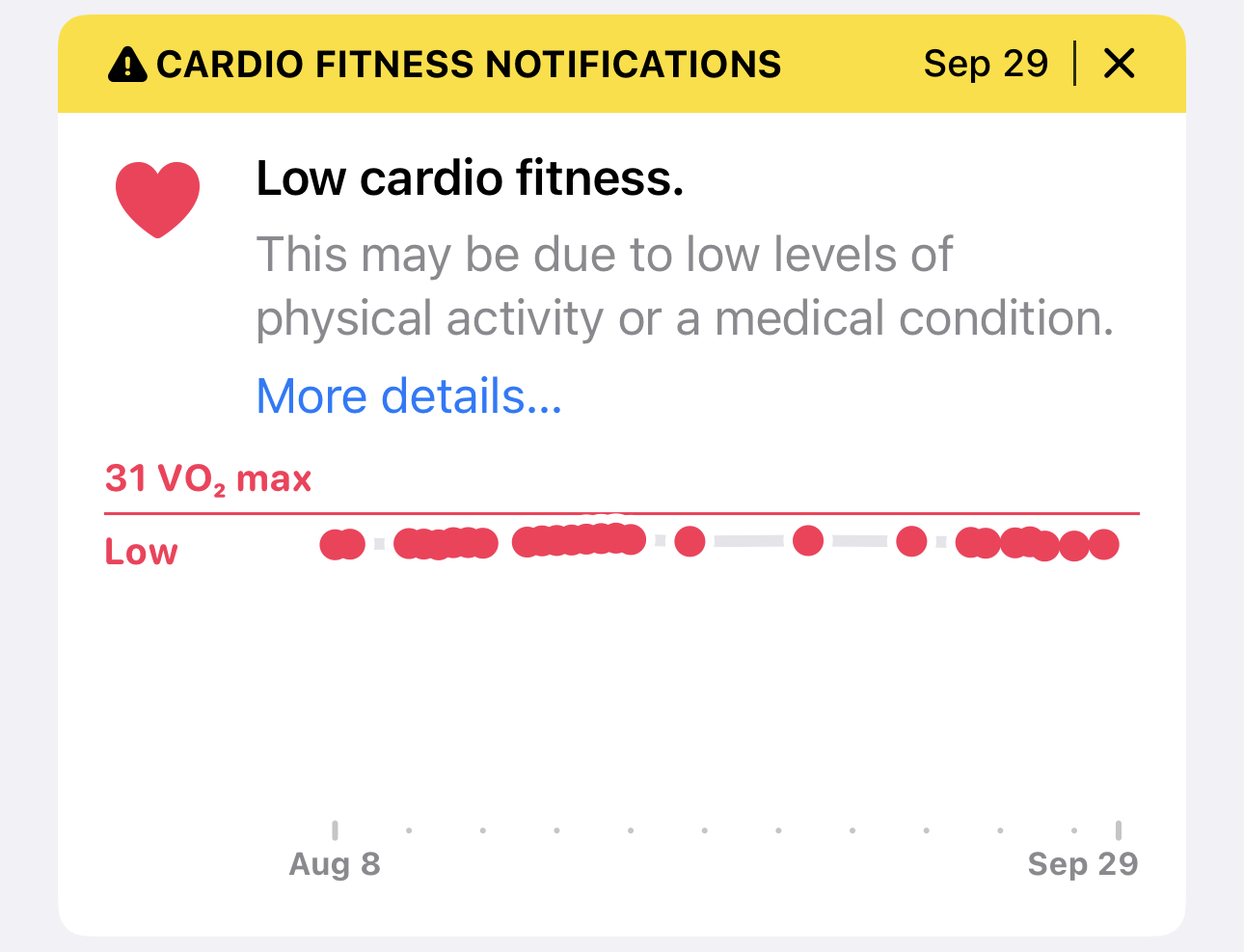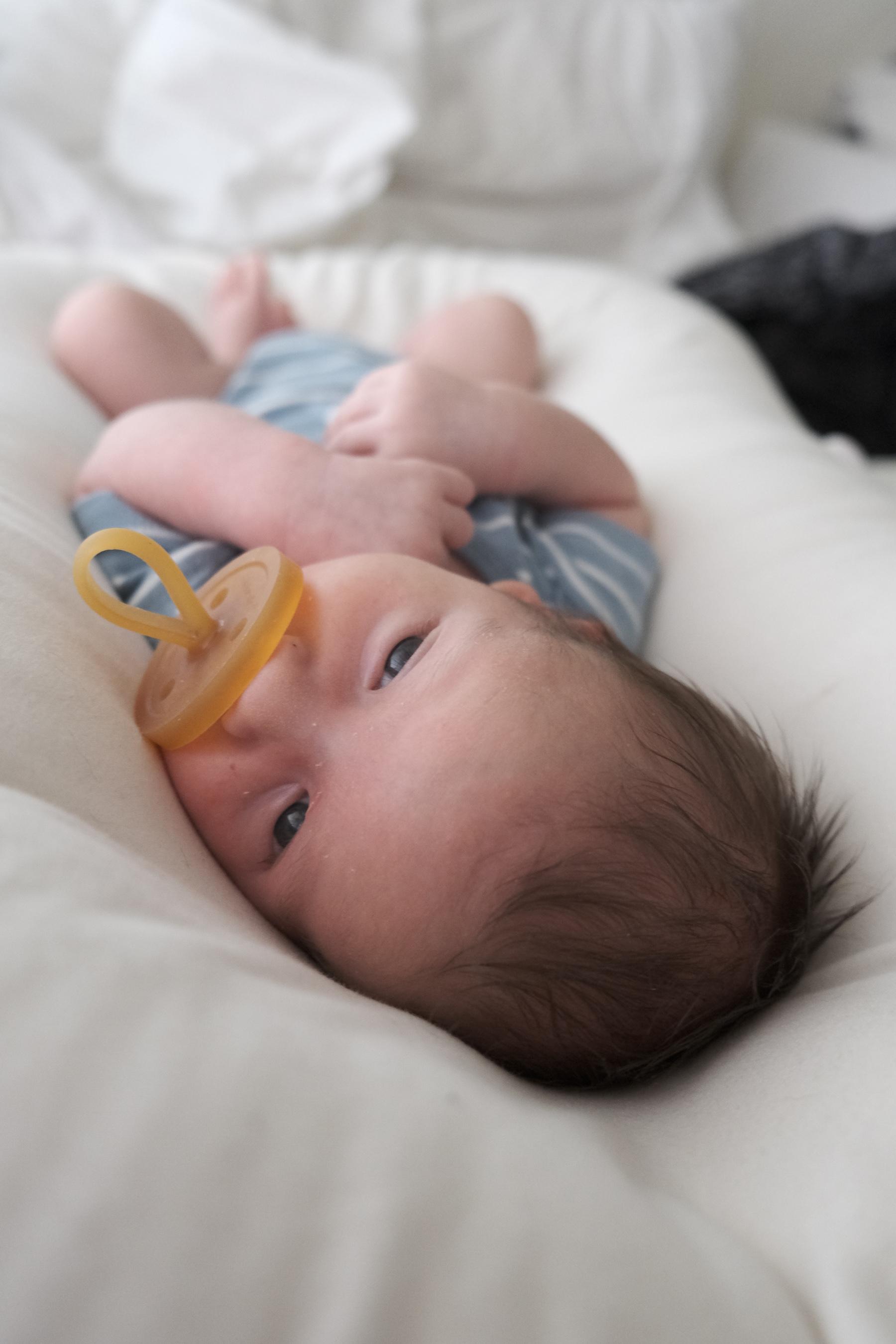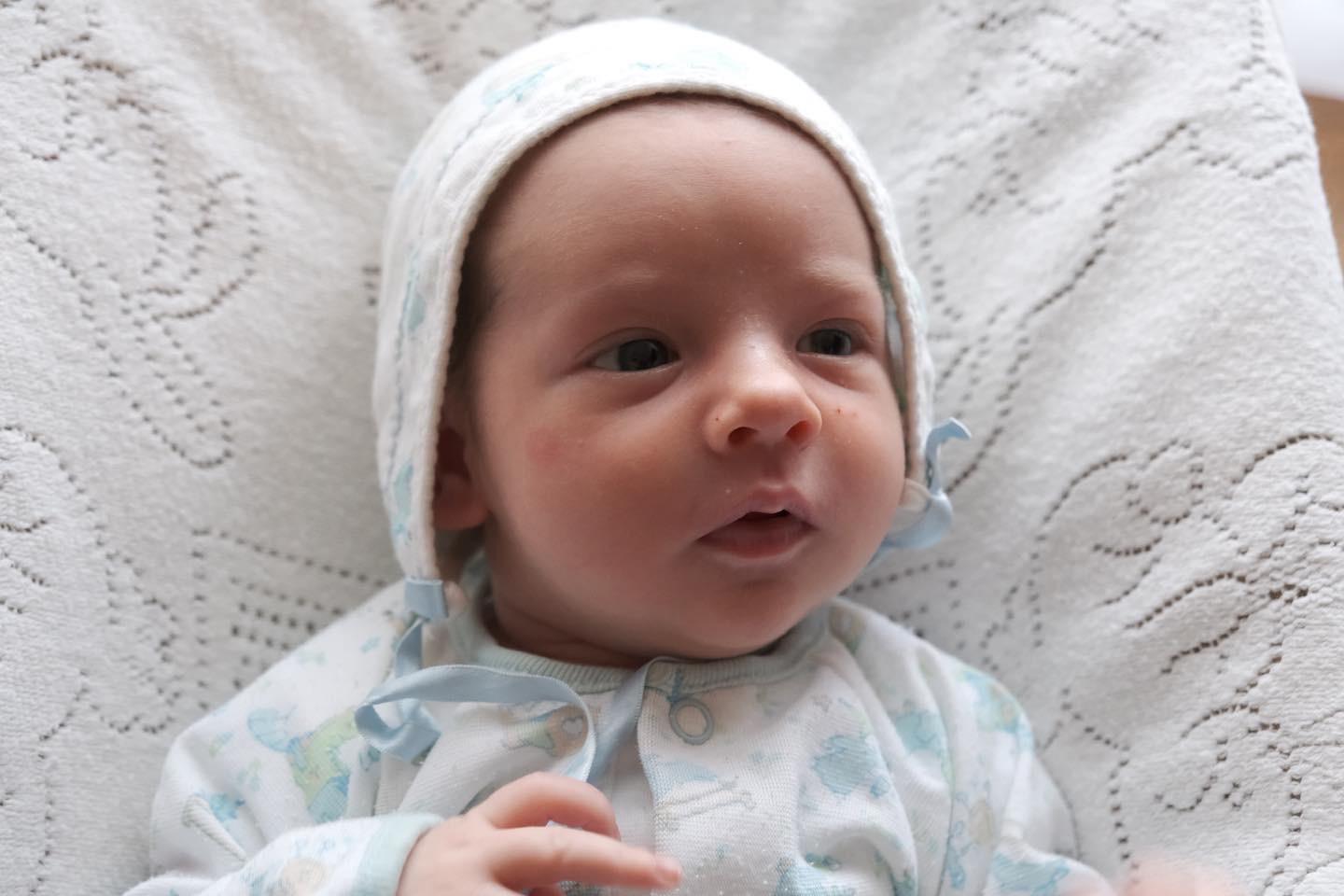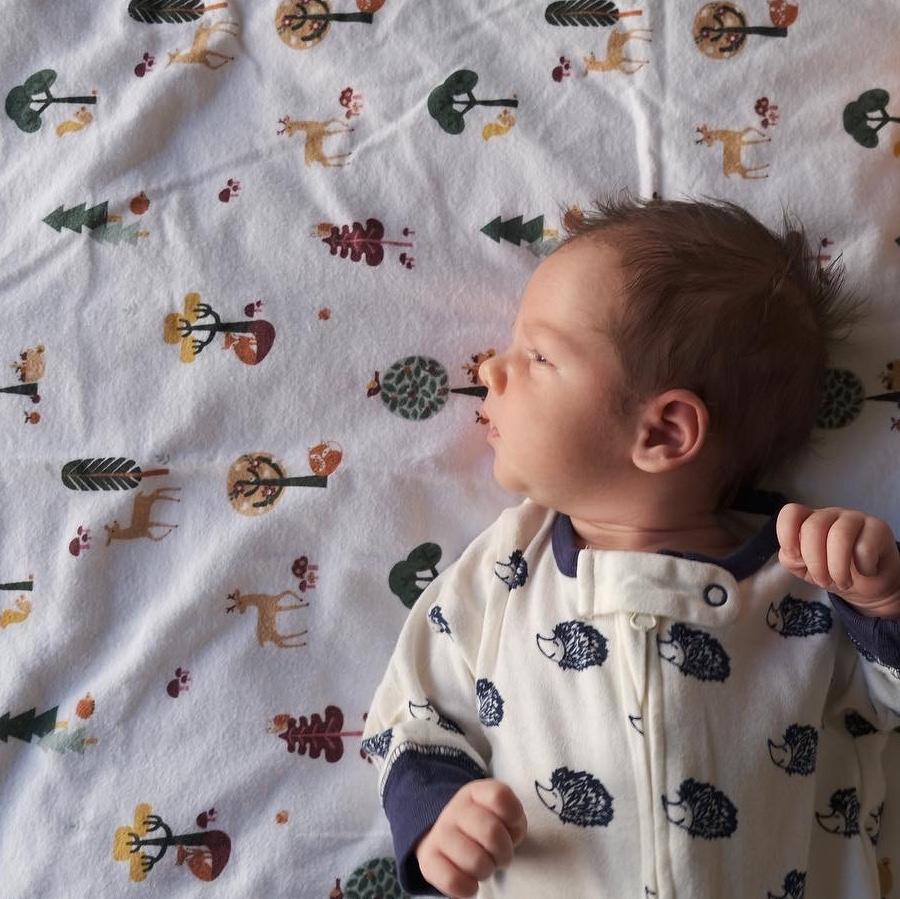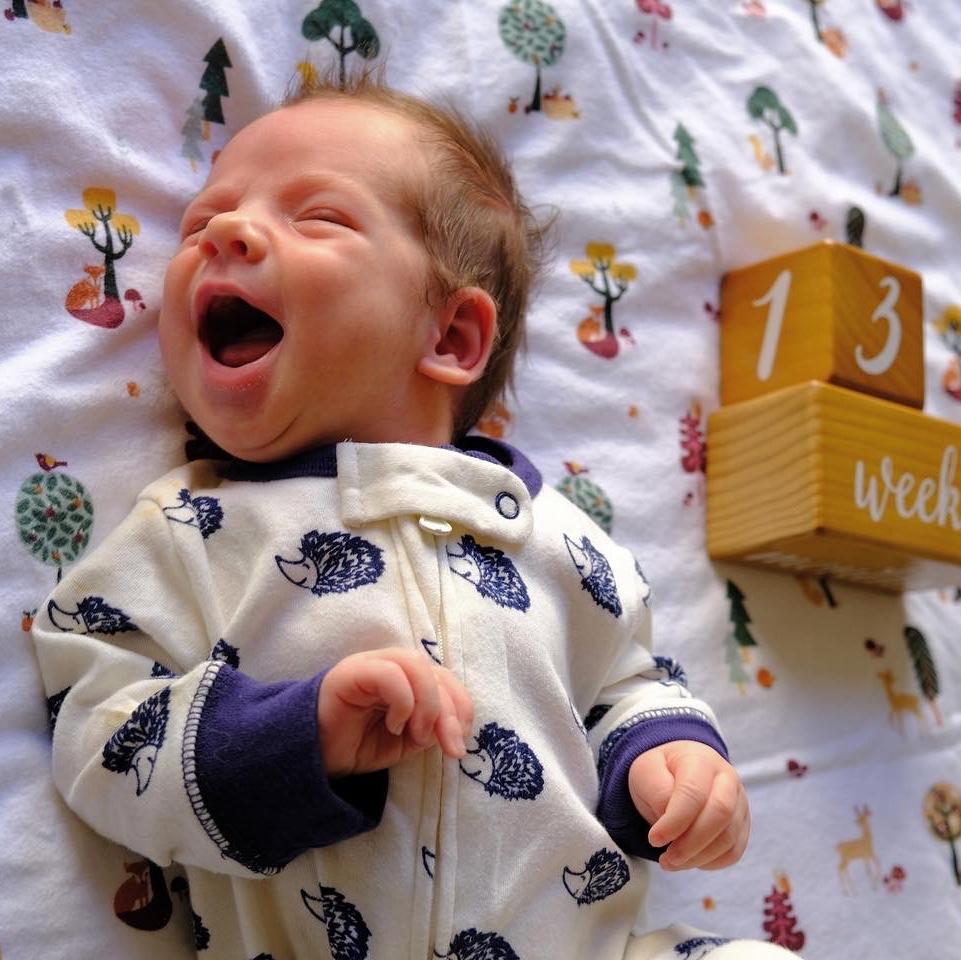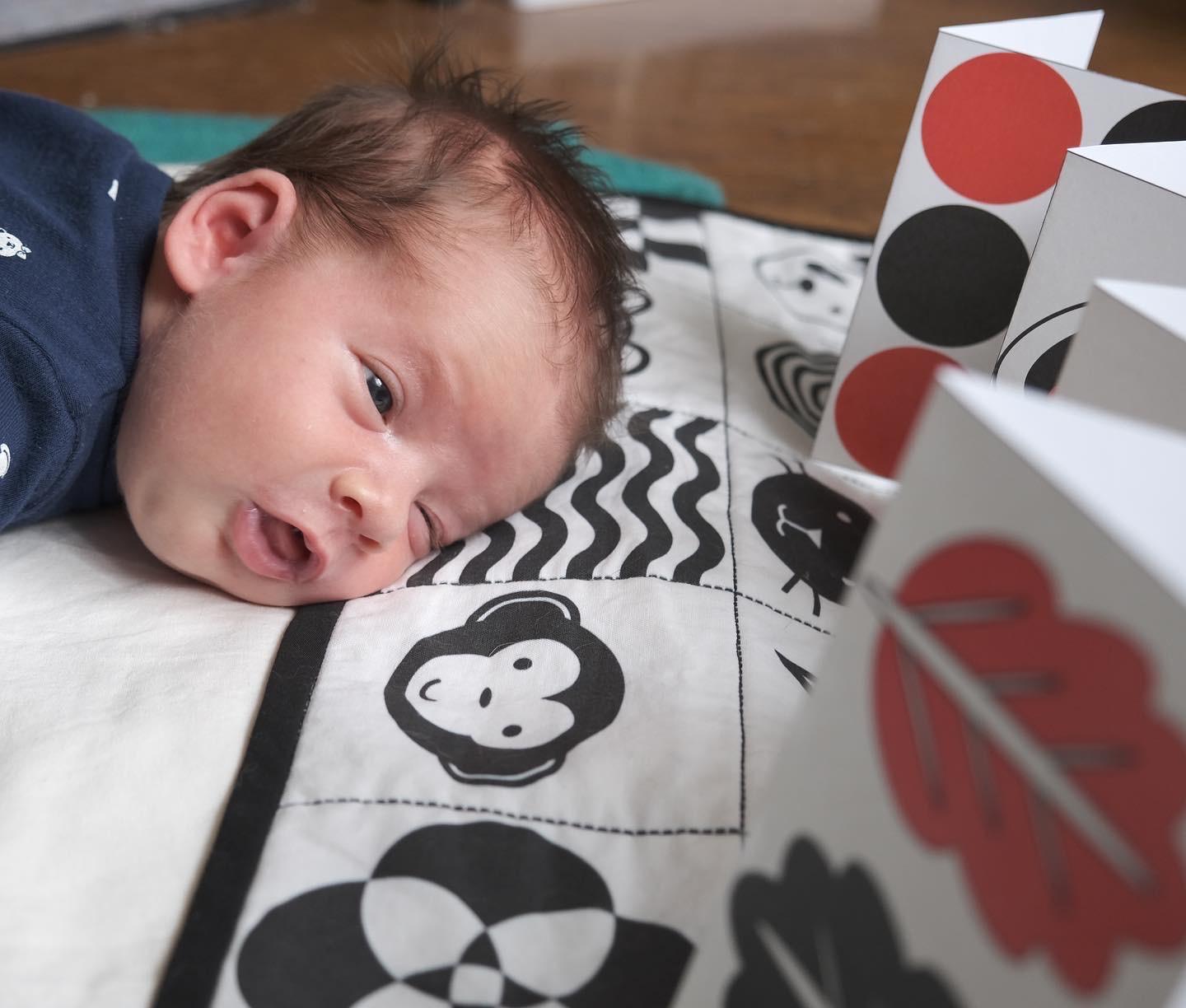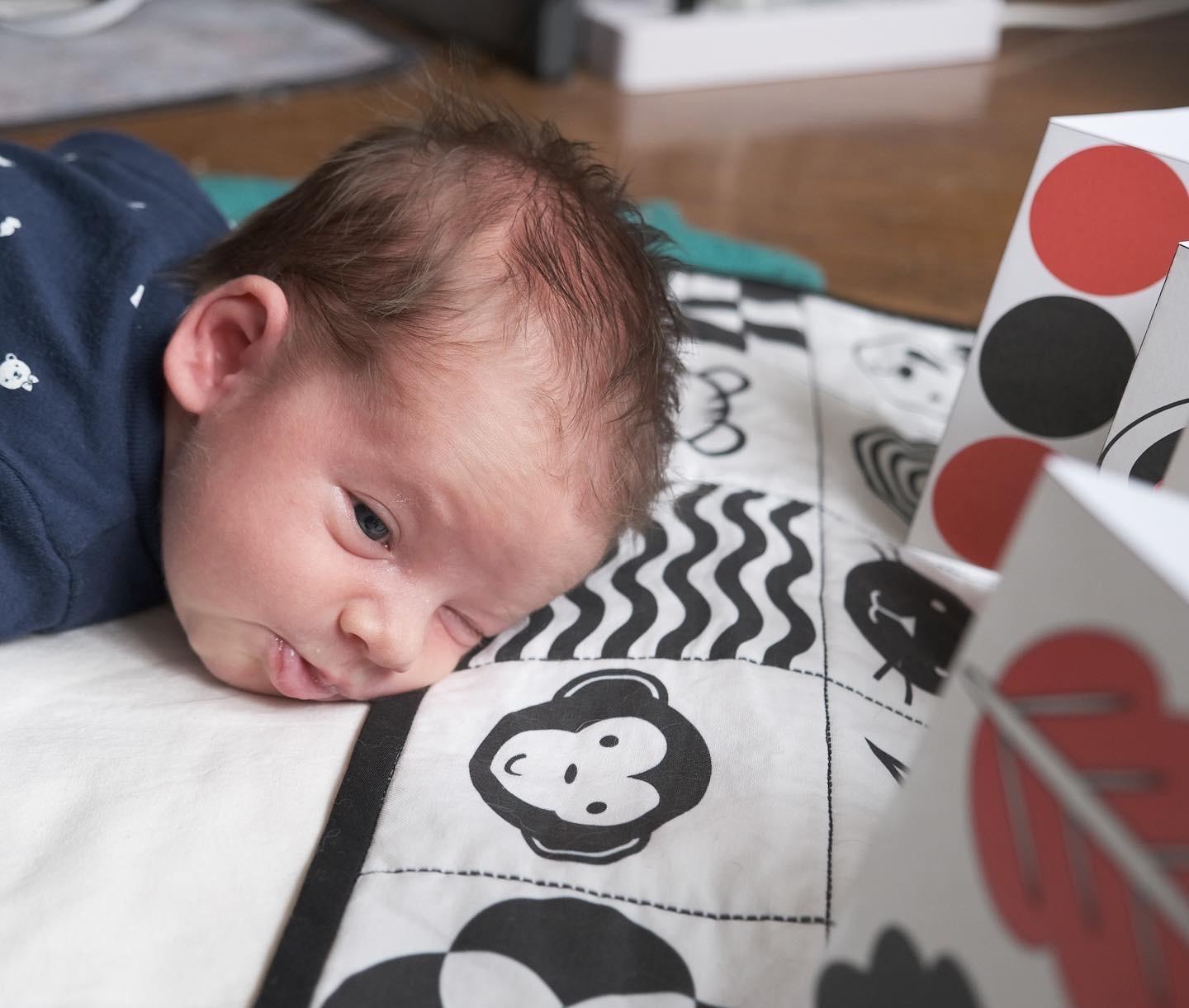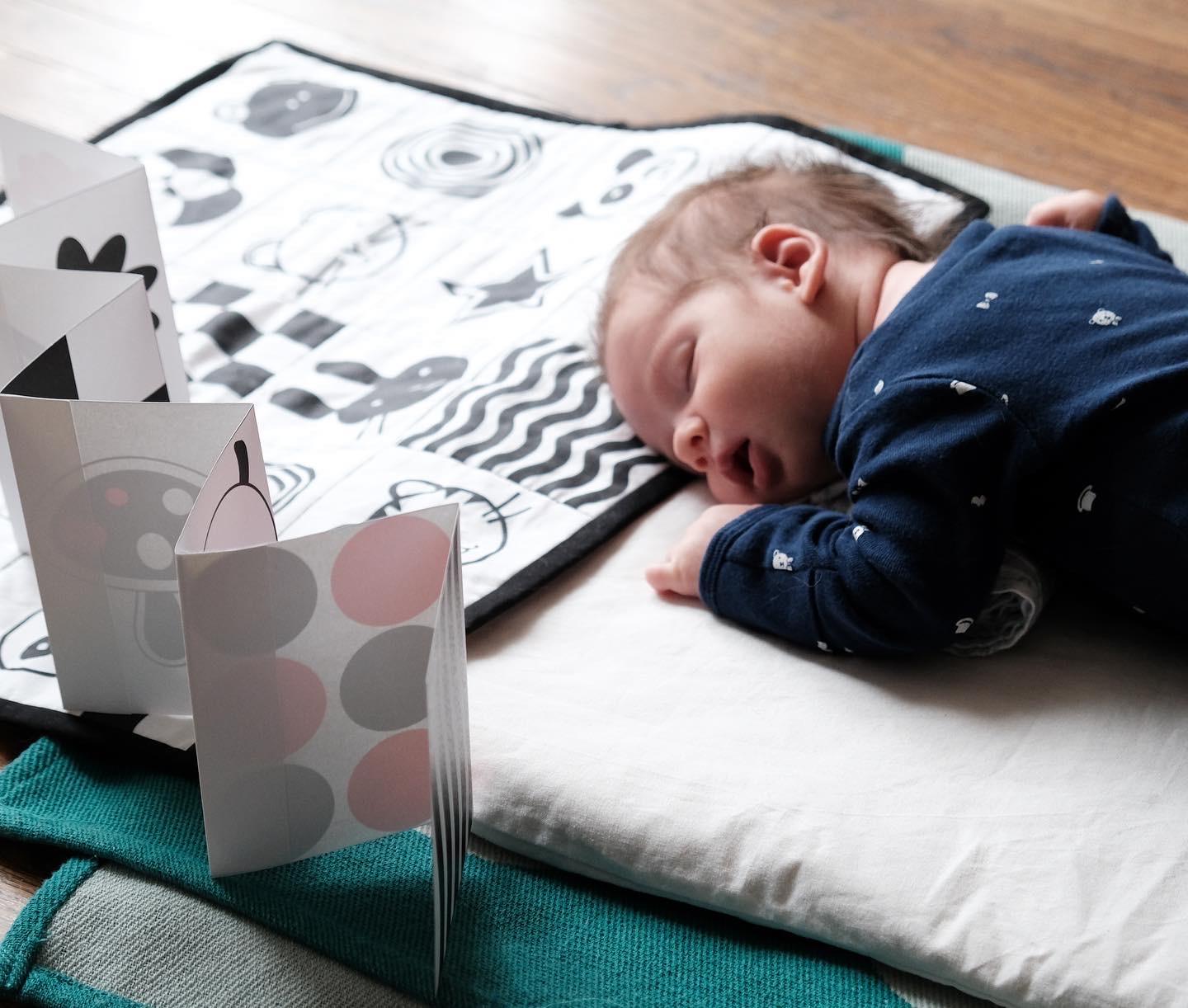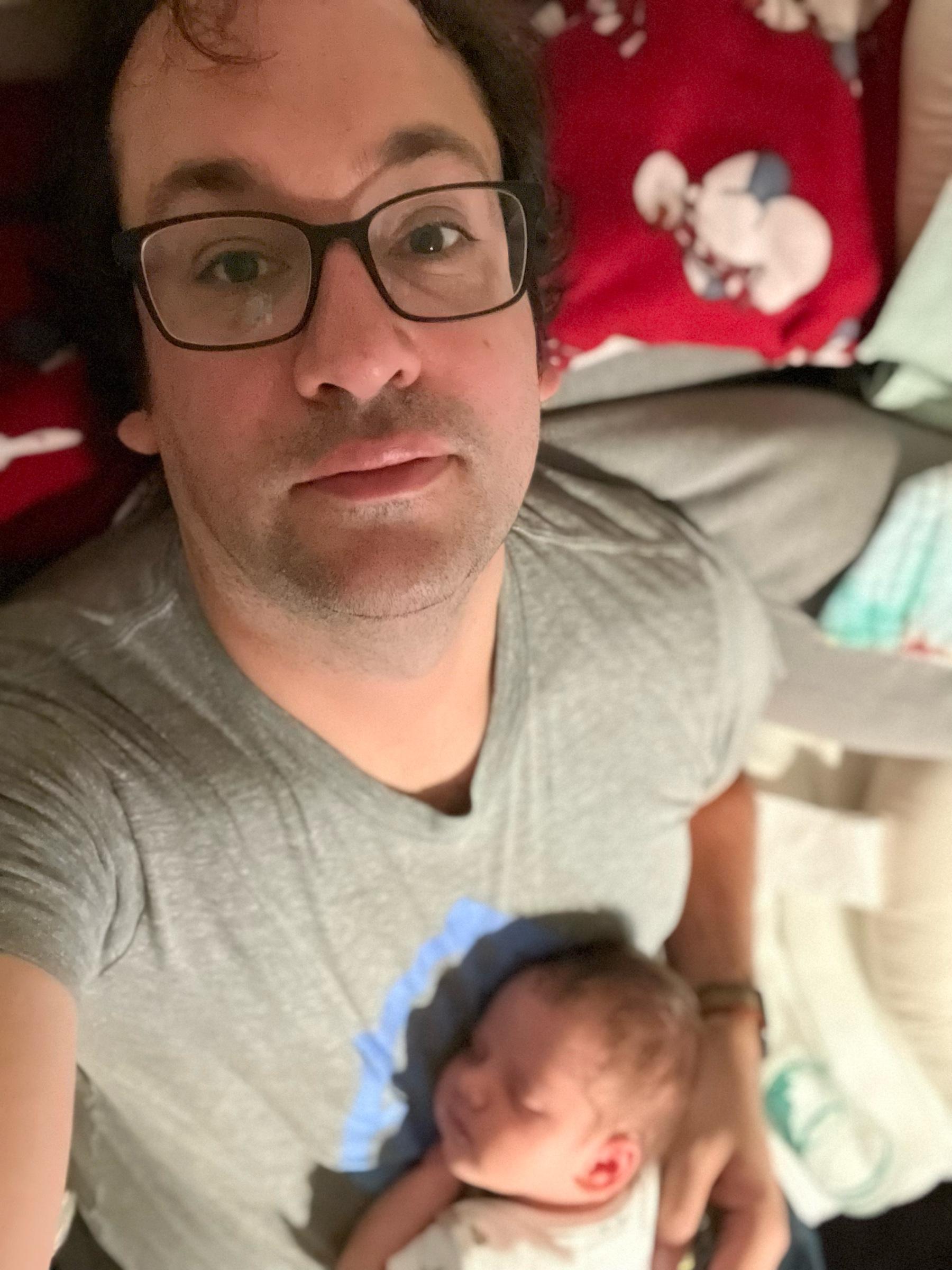This is my monthly roundup of the books, articles, and streaming media I found interesting. Here's my list for September, 2022.
Apps + Websites
AI
Have I Been Trained? I plugged my own face into the site, and sure enough, I’m part of the training set. It also showed me pictures of my friends. Feels weird. See if you can generate something involving me?
Games
Return to Monkey Island. A splendid, absolutely fitting sequel. Nostalgic, funny, fresh, engrossing: everything I wanted it to be.
Indieweb
Meridian. Meridian is a developer platform that finds places based on a user’s latitude and longitude - and is open source and distributed, so doesn't leak user location to a third party.
Books
Nonfiction
Wake: The Hidden History of Women-Led Slave Revolts, by Rebecca Hall and Hugo Martínez. A very personal exploration of a facet of history that still has so many unheard stories. The portion set in England pulls no punches, in a way that makes me want to force all my friends there to read this. I learned so much, and felt so much: it does its job and more.
Gender Queer: A Memoir, by Maia Kobabe. A heartfelt memoir that I wish more kids had access to. Its place to the top of banned book lists is a travesty. I was surprised how emotional I found it; the last few pages brought me to tears unexpectedly. I find this kind of raw honesty to be very inspiring.
Streaming
Radio
The Liz Truss BBC Local Radio Interviews. Fantastic job by BBC local radio interviewers. Terrifying listening, straight out of The Thick of It.
Music
Kat White - In the Eye of the Owl. Years ago, I commissioned a song about capybara for this lovely animal-themed children’s album. And now I get to listen to it with my actual child. Magic.
Podcasts
Book Exploder. A podcast that could have been made just for me. What I found most striking in all of these author accounts is how personal these book projects all are. Writing is a detailed exercise in craft, but also a phenomenal act of empathy.
Notable Articles
Business
eBay exec sentenced in cyberstalking attack on Natick couple. “The couple said they were sent disturbing items, including live bugs, a bloody pig mask, a funeral wreath and a book about coping with the loss of a spouse.”
One of the Hottest Trends in the World of Investing Is a Sham. On ESGs: “Instead of measuring the risks that environmental and social developments pose to companies, raters and investors should measure the risks to humanity posed by companies.”
Climate
Climate change is turning the trees into gluttons. “Although other factors like climate and pests can somewhat affect a tree’s volume, the study found that elevated carbon levels consistently led to an increase of wood volume in 10 different temperate forest groups across the country. This suggests that trees are helping to shield Earth’s ecosystem from the impacts of global warming through their rapid growth.”
Patagonia Founder Gives Away the Company to Fight Climate Change. “Rather than selling the company or taking it public, Mr. Chouinard, his wife and two adult children have transferred their ownership of Patagonia, valued at about $3 billion, to a specially designed trust and a nonprofit organization. They were created to preserve the company’s independence and ensure that all of its profits — some $100 million a year — are used to combat climate change and protect undeveloped land around the globe.”
New technique shows old temperatures were much hotter than thought. “Meckler’s warmer temperatures suggest that CO2’s capacity to warm during that time in Earth’s past was higher than was found in earlier studies. “This would lead to a higher climate sensitivity to atmospheric CO2,” the paper says.”
Culture
Hundreds Of Authors Ask Publishers To Stop Attacking Libraries. “Tons of authors, including some very big names like Neil Gaiman, saying that the publishers need to not just stop going after libraries, but especially that they need to stop doing so in the name of authors.”
‘We can continue Pratchett’s efforts’: the gamers keeping Discworld alive. “Not only does it feature most of the key locations, from the city of Ankh-Morpork to areas such as Klatch and the Ramtops, it has seven guilds, player-run shops, and countless quests and adventures featuring many of the Discworld’s most notable characters. It even has its own newspaper.”
Artist receives first known US copyright registration for latent diffusion AI art. “In what might be a first, a New York-based artist named Kris Kashtanova has received US copyright registration on their graphic novel that features AI-generated artwork created by latent diffusion AI.”
Banned in the USA: The Growing Movement to Censor Books in Schools. “Some groups appear to feed off work to promote diverse books, contorting those efforts to further their own censorious ends. They have inverted the purpose of lists compiled for teachers and librarians interested in introducing a more diverse set of reading materials into the classroom or library.” Despicable.
How ‘Star Trek: The Motion Picture’ Finally, After 43 Years, Got Completed. “The problem with the theatrical cut was, simply, it wasn’t done. It feels long and slow because the movie hadn’t been edited properly. Scenes that may only last two or three seconds too long, or literally one frame, add up over the course of a movie to make it feel long. Now, after 1500 or so edits, Star Trek: The Motion Picture is a film that finally feels properly paced, looks stunning, and, after long last, no longer keeps the viewer at arm’s length.”
Human Capital. “TED was for bearing hearts, not souls.” A fun short story from the world of Reap3r.
Food Means Home. A recipe book collated by 30 unaccompanied minor asylum seekers. Just completely lovely.
The Reactionary Geeks Are Mad About 'Rings of Power'. “The refrain “Go woke, go broke” offers a tidy summary of this argument, wokeness gone mad being a useful euphemism for a demand like “resegregate popular entertainment,” which might turn people off.”
Democracy
Maggie Haberman: A Reckoning With Donald Trump. “I was curious when Trump said he had kept in touch with other world leaders since leaving office. I asked whether that included Russia’s Vladimir Putin and China’s Xi Jinping, and he said no. But when I mentioned North Korea’s Kim Jong-un, he responded, “Well, I don’t want to say exactly, but …” before trailing off. I learned after the interview that he had been telling people at Mar-a-Lago that he was still in contact with North Korea’s supreme leader, whose picture with Trump hung on the wall of his new office at his club.”
Most Republicans Support Declaring the United States a Christian Nation. “Fully 61 percent of Republicans supported declaring the United States a Christian nation. In other words, even though over half of Republicans previously said such a move would be unconstitutional, a majority of GOP voters would still support this declaration.”
The smoking gun in Martha's Vineyard. “Migrants from Venezuela were provided with false information to convince them to board flights chartered by Florida Governor Ron DeSantis (R). The documents suggest that the flights were not just a callous political stunt but potentially a crime.”
DHS built huge database from cellphones, computers seized at border. “The rapid expansion of the database and the ability of 2,700 CBP officers to access it without a warrant — two details not previously known about the database — have raised alarms in Congress about what use the government has made of the information, much of which is captured from people not suspected of any crime. CBP officials told congressional staff the data is maintained for 15 years.”
American Democracy doesn’t need saving — it needs creating. “But when we shift our perspective and begin to see our task as creating and cultivating democracy, more accessible and meaningful options become available to ordinary people and the institutions that represent them and are meant to serve them.”
I was arrested after asking "who elected him?" at the proclamation of King Charles. “What other freedoms can be suppressed in the name of monarchy? Who else will be arrested under the vile Police, Crime, Sentencing & Courts Act?”
A Black protester voiced anger at police in South Carolina. She got 4 years in prison. “You have people who stormed the Capitol, who led to the death of law enforcement, who tried to overturn an election and fracture democracy. And they’re getting two months, three months, six months. And Brittany Martin gets four years.”
Health
I’m a psychologist – and I believe we’ve been told devastating lies about mental health. “If a plant were wilting we wouldn’t diagnose it with “wilting-plant-syndrome” – we would change its conditions. Yet when humans are suffering under unliveable conditions, we’re told something is wrong with us, and expected to keep pushing through. To keep working and producing, without acknowledging our hurt.”
Media
Axios's 'Smart Brevity' and Questionable Book-Selling Tactics. “The intrigue: An internal Axios memo encouraged each employee to buy six copies of the trio’s new book. Workers could then get those purchases expensed by the company—a practice that could cost Axios more than $70,000, according to Defector.” Savage.
Inside podcasters' explosive audience growth. “Each time a player taps on one of these fleeting in-game ads—and wins some virtual loot for doing so—a podcast episode begins downloading on their device. The podcast company, in turn, can claim the gamer as a new listener to its program and add another coveted download to its overall tally.”
Americans see media as critical to democracy, 19th News/SurveyMonkey poll says. “An increasingly diverse country does not see itself reflected in the media. Communities of color, LGBTQ+ people and marginalized groups are still underrepresented in both who covers the news and what news is covered.”
How we know journalism is good for democracy. “When respondents have the least information, candidates of color—particularly Black candidates—are disadvantaged, among respondents across party, ideological, and racial attitude lines.”
Welcome to the new Verge. “We also thought about where we came from and how we built The Verge into what it is today. And we landed on: well shit, we just need to blog more.” Love.
Make Your Voter Guide ICONIC. “This kind of user-friendly experience is something we keep dreaming that more newsroom voter guides will feature.”
Science
Scientists Have Bad News About All These Energy Efficient LEDs. “Focusing on the suppression of melatonin — the hormone that regulates sleep cycles — star visibility, and insects’ response to light, the researchers found that all categories were negatively affected. The level of melatonin suppression in humans has gone up since 2013, stars are less visible, and the insects’ response to light was unnaturally altered.”
Society
Capitalism and extreme poverty: A global analysis of real wages, human height, and mortality since the long 16th century. “The rise of capitalism from the long 16th century onward is associated with a decline in wages to below subsistence, a deterioration in human stature, and an upturn in premature mortality. […] Where progress has occurred, significant improvements in human welfare began only around the 20th century. These gains coincide with the rise of anti-colonial and socialist political movements.”
California's dead will have a new burial option: Human composting. “This new law will provide California’s 39 million residents with a meaningful funeral option that offers significant savings in carbon emissions, water and land usage over conventional burial or cremation.”
More US Employers Are Trapping Workers in a New Form of Indentured Servitude. “Bosses in industries such as retail, health care and logistics are reverting to an old tactic and trapping people in miserable jobs by threatening to saddle them with debt if they quit. Workers across the United States in fields ranging from nursing to trucking have been discouraged from leaving jobs they hate or can’t afford to keep because employers vow to charge them for training costs if they quit before an arbitrary deadline.”
‘Reverse Freedom Rides’ echo DeSantis Martha’s Vineyard migrant flights. Fascinating piece about the racist history of “reverse freedom rides” to Cape Cod that are now echoed by Ron DeSantis’s policies in Florida. I’ve been going to the Cape my entire life and I’m ashamed to say I had no idea.
Britain and the US are poor societies with some very rich people. “The rich in the US are exceptionally rich — the top 10 per cent have the highest top-decile disposable incomes in the world, 50 per cent above their British counterparts. But the bottom decile struggle by with a standard of living that is worse than the poorest in 14 European countries including Slovenia.”
Lindsey Graham's national abortion ban has exceptions that won't work, experts say. “But exceptions for the life of the pregnant person are notoriously difficult to receive; physicians have said the requirement of providing abortions only in an emergency can force them to wait until a patient is in dire condition before providing them needed care. And the rape and incest exceptions written into the bill — much like the ones that exist in a handful of state abortion bans — are nominal at best, sexual violence and abortion policy experts said. They require reporting and paperwork that does not occur in the majority of sexual assault cases.”
U.S. Approval of Labor Unions at Highest Point Since 1965. This feels like a sign of progress to me (and also a sign that ordinary workers need help).
Netherlands Plans to Launch Slavery Apology Fund for Awareness Projects. “The fund will be announced after the nation officially apologizes for its role in slavery by the end of this year or the beginning of next year, according to people familiar with the matter. It may be as big as 200 million euros ($204 million), the people said, speaking on condition of anonymity.”
Technology
Elon Musk’s Texts Shatter the Myth of the Tech Genius. “It’s been a general Is this really how business is done? There’s no real strategic thought or analysis. It’s just emotional and done without any real care for consequence.”
Rohingya seek reparations from Facebook for role in massacre. “But a new and comprehensive report by Amnesty International states that Facebook’s preferred narrative is false. The platform, Amnesty says, wasn’t merely a passive site with insufficient content moderation. Instead, Meta’s algorithms “proactively amplified and promoted content” on Facebook, which incited violent hatred against the Rohingya beginning as early as 2012.”
Facebook Report: Censorship Violated Palestinian Rights. “Meta deleted Arabic content relating to the violence at a far greater rate than Hebrew-language posts, confirming long-running complaints of disparate speech enforcement in the Palestinian-Israeli conflict. The disparity, the report found, was perpetuated among posts reviewed both by human employees and automated software.”
US Military Bought Mass Monitoring Tool That Includes Internet Browsing, Email Data. “Multiple branches of the U.S. military have bought access to a powerful internet monitoring tool that claims to cover over 90 percent of the world’s internet traffic.”
Pentagon reviews psychological operations amid Facebook, Twitter complaints. “The Pentagon has ordered a sweeping audit of how it conducts clandestine information warfare after major social media companies identified and took offline fake accounts suspected of being run by the U.S. military in violation of the platforms’ rules.”
The Internet We Could Have Had. “The internet we do have, however, is figured much differently. It is figured as a tool of political domination. It is the apotheosis of the forms of domination secretly hidden inside the stories of progress and liberation. It is capitalism, colonialism, imperialism, slavery, and environmental destruction all rolled into one hideous hydra whose heads are Zuckerberg, Bezos, Pichai, Cook, with Musk and Thiel at the ass end.”
Gender differences and bias in open source: pull request acceptance of women versus men. “Surprisingly, our results show that women’s contributions tend to be accepted more often than men’s. However, for contributors who are outsiders to a project and their gender is identifiable, men’s acceptance rates are higher. Our results suggest that although women on GitHub may be more competent overall, bias against them exists nonetheless.”
How a news investigation shed light on potential patient privacy violations. “The health system said the tracking tool was intended to help track the success of a promotional campaign to connect more patients to its MyChart patient portal, which involved Facebook advertisements. But it was configured improperly, which allowed Meta to obtain patient information such as email addresses, phone numbers, computer IP addresses, contact information and appointment details.”
WordPress+IndieWeb as the OS of the Open Social Web. Nice indieweb thoughts and presentation. As an aside, I’ve added Hypothesis annotations to my site, inspired by Ton’s site.
5th Circuit Rewrites A Century Of 1st Amendment Law To Argue Internet Companies Have No Right To Moderate. “It effectively says that companies no longer have a 1st Amendment right to their own editorial policies. Under this ruling, any state in the 5th Circuit could, in theory, mandate that news organizations must cover certain politicians or certain other content. It could, in theory, allow a state to mandate that any news organization must publish opinion pieces by politicians. It completely flies in the face of the 1st Amendment’s association rights and the right to editorial discretion.”
Prompt injection attacks against GPT-3. “A surprising thing about working with GPT-3 in this way is that your prompt itself becomes important IP. It’s not hard to imagine future startups for which the secret sauce of their product is a carefully crafted prompt.”
It's hard to imagine better social media alternatives, but Scuttlebutt shows change is possible. “Because it’s not a company, Scuttlebutt doesn’t need to make a profit. There is no persuasive design trying to keep you hooked, no advertising, and it doesn’t collect, process or sell users’ personal data. Instead, data are stored and controlled on users’ own devices.”
Quality Is Systemic. “If your team is producing defective code, consider that it may not be because they all suck at their jobs. It’s probably because the environment isn’t allowing them to produce quality software.”
Launch House, a tech startup incubator, sold entrepreneurs on the promise of community. This is a cult.
Take Care of Your Blog. “There are no rules to blogging except this one: always self-host your website because your URL, your own private domain, is the most valuable thing you can own. Your career will thank you for it later and no-one can take it away.”
Jack Dorsey’s Former Boss Is Building A Decentralized Twitter. “It’s not about machine learning, or AI, generating the perfect viral media, it’s about groups of people getting together and finding meaning with each other.” Rabble is doing important work.



 Share this post
Share this post
